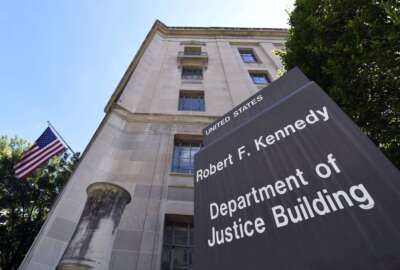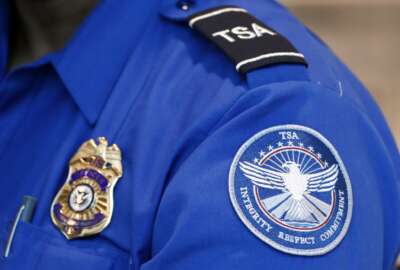Postal Service worksharing outgrows its intention
Worksharing has grown so much and so fast at the Postal Service, it has created unintended consequences. We get details from Mohammad Adra is with the Office of...
wfedstaff | June 3, 2015 8:52 am
By Dorothy Ramienski
Internet Editor
Federal News Radio
For more than 30 years, the Postal Service has offered worksharing to its customers. It’s a form of outsourcing where mailers perform specific activities in exchange for reduced postage prices.
The idea is that USPS would save on work expenses, while the mailers who participate in worksharing would get discounts.
Mohammad Adra is the Assistant Inspector General, Risk Analysis Research Center in the Office of Inspector General at the Postal Service.
His office recently wrote a white paper describing how USPS could make worksharing more efficient in the 21st century.
“We found that there’s [an] incentive and an opportunity for the Postal Service to explore new issues on pricing to make this program successful, reform it and improve it. . . . There may be some opportunities in certain markets to set the discount amount to be less than the cost that they avoid if the mailer or the customer performs that activity.”
Every year, the Postal Regulatory Commission examines the worksharing program to see which programs are making money and which aren’t.
This action, however, isn’t really enough anymore. Adra says his office has found that USPS should take a close, hard look at worksharing because the economic climate has changed.
“For example . . . let’s just say it costs the Postal Service 10 cents to do a certain activity — presort the mail. . . . Then, let’s say the mailers can do that for five cents, because their labor costs are less. . . . We’re telling them, usually, the old economic theories said, ‘Well, the discount ought to be 10 cents’. That means the mail [USPS] has got a little bit of room between the 10 cents and five cents. [They need to] see if the market allows it.”
If, he adds, USPS were to reduce its costs so that presorting the mail would cost nine or eight cents, this could go a long way.
The big problem, he concluded, is getting over that first hurdle of thinking about worksharing at the Postal Service differently.
Since this was a white paper, not an audit, Adra says that the Postal Service is under no obligation to listen to him.
He hopes they take his recommendations into consideration, however, and adds that he would welcome a peer review on the subject.
Copyright © 2024 Federal News Network. All rights reserved. This website is not intended for users located within the European Economic Area.





